This article runs in a section of The Tyee called “What Works: The Business of a Healthy Bioregion,” where you’ll find profiles of people creating the low-carbon, regenerative economy we need from Alaska to central California. Find out more about this project and its funders, Magic Canoe and the Salmon Nation Trust.
When Carrie Pollak had her first child she decided to change careers. A former manager at Amazon, Pollak had always been interested in creating a business focused on sustainability. But she didn’t get her chance until 2018, when she noticed a small cloth diaper service company was for sale.
Founded in 2014, Diaper Stork provides cloth diapers for parents across the Seattle area, offering to also pick up and wash the soiled linens weekly through a subscription service.
“I thought: This [is] something that I can get behind,” said Pollak, who purchased the diaper service seven years ago. Since she took over, the company has served more than 2,500 customers.
Trying to reduce the 20 billion disposable diapers tossed into U.S. landfills every year is a messy problem. According to data from the U.S. Environmental Protection Agency, disposable diapers make up about 1.5 per cent of all landfill waste in the United States. One child can expect to go through about 6,000 diapers before they’re potty trained—and one disposable diaper takes up to 500 years to degrade.
Cloth diapers tackle a portion of that problem. But while Pollak believes that cloth diapers ultimately are the most sustainable option available, she quickly realized that cloth was a niche market that serves only about five per cent of families.
The vast majority of parents, who have busy, working lives, want disposable diapers. So Pollak started looking for a more sustainable solution to the problem of disposables.
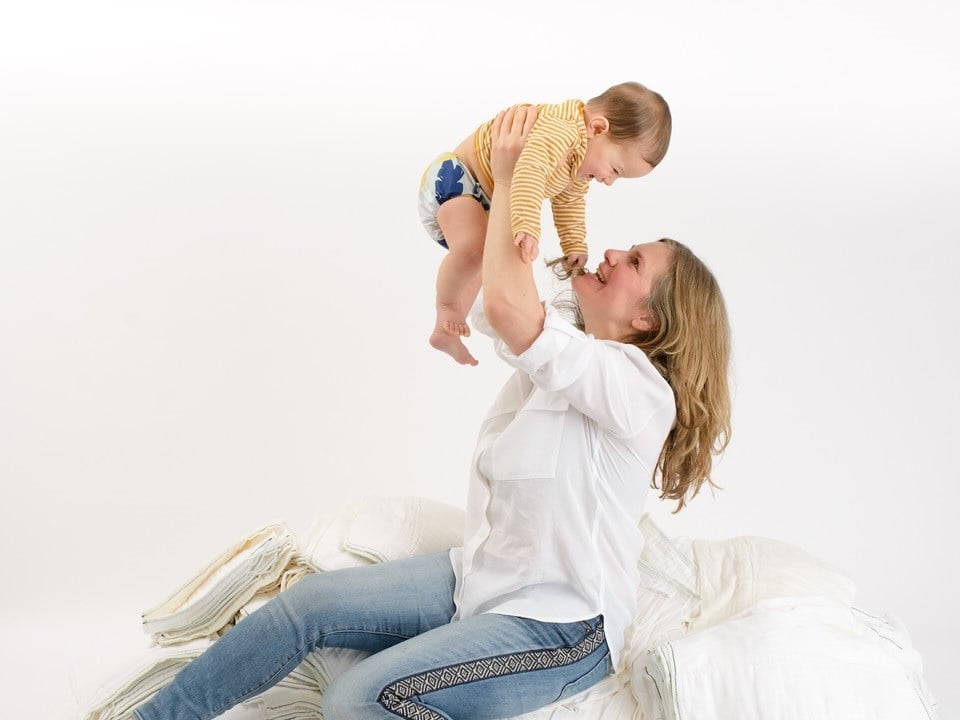
Since 2023, Diaper Stork has offered compostable diapers to its customers. More recently, it piloted a high-heat process known as pyrolysis to turn compostable diapers into biochar—a charcoal-like substance that can be used for fertilizer and other agricultural purposes and even to purify water.
Pollak’s company is also collaborating with a Seattle-based coffee company to incorporate a waste product from coffee roasting into the mix, creating the ideal conditions for turning poopy diapers into biochar.
“There’s that convenience side of disposables, the general day-to-day—and that’s where our culture is,” she said. “Finding a solution for composting diapers, starting with Washington state, was for me the next step once I took over the company.”
Addressing the Poop Problem
Across North America, billions of diapers are chucked into the garbage every year.
One researcher told CBC in 2018 that roughly 30 to 40 billion diapers enter North American landfills per year. In the United States, they are the third-largest consumer item in landfills, according to a 2022 study.
All that waste doesn’t just create a lot of stink—it can harm the environment.
The fecal content from disposable diapers can leach into groundwater and release methane while sitting in landfills, where they often rest for hundreds of years. The plastic that goes into making those products also includes chemicals harmful to the environment.
Because babies won’t stop pooping, it’s estimated that the sector is worth more than $60 billion per year, according to the World Economic Forum, suggesting there’s room for a new solution.
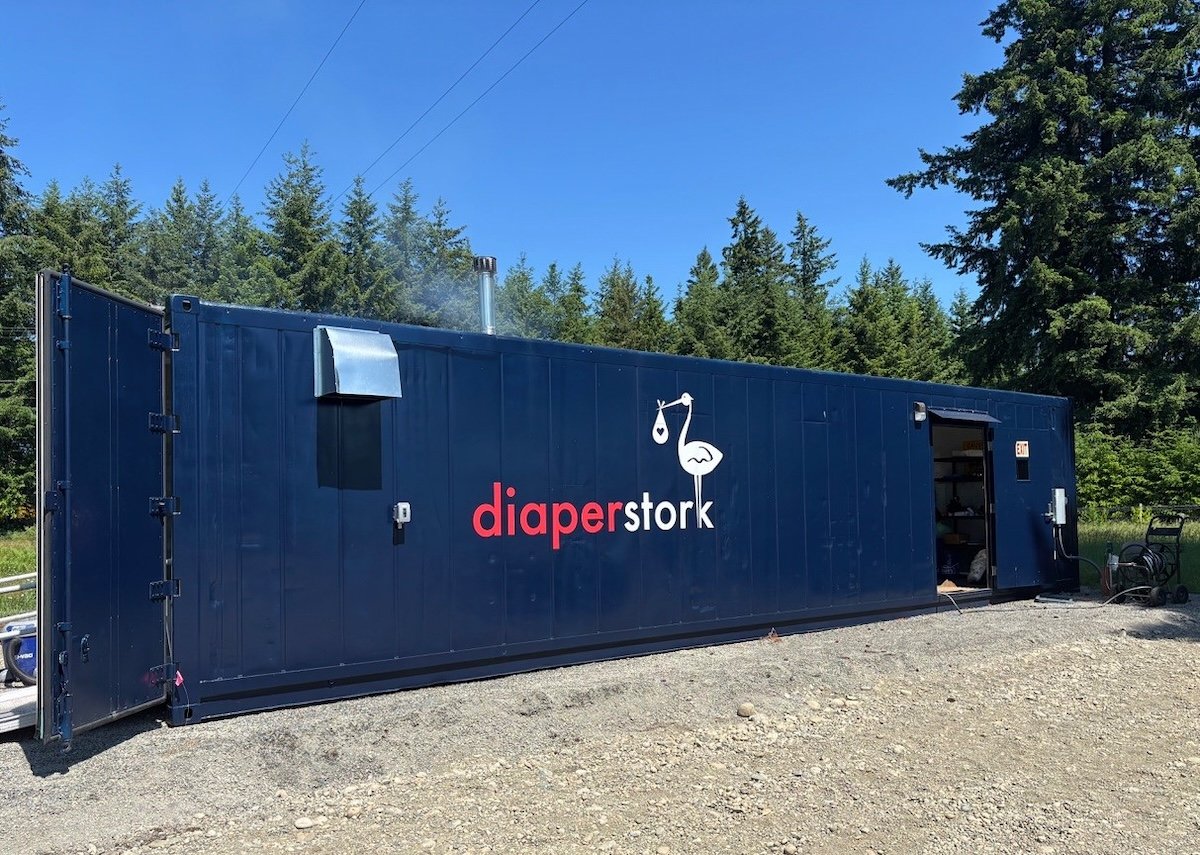
In recent years, more diaper services are giving composting a try, including the Arizona-based Dyper and Tiny Tots, a diaper service based in Northern California that fully switched to a compost-only service in 2019. (The City of Toronto has reportedly composted parts of disposable diapers since 2002.)
But during her research, Pollak found some hurdles closer to home: Washington state has its own rules on how to compost human waste. “You need a special permit if you’re going to compost anything that has that sort of waste,” Pollak said, noting that human waste contains pathogens that are difficult to eliminate in traditional composting systems.
“So, the general composters, the big ones that take your outside compost bin, weren’t interested in permitting for that,” she said.
Pollak then began investigating other composting options, and in 2022 she received a $192,000 grant from King County. The money allowed Diaper Stork to create a pilot program to turn compostable diapers into something that commercial composting companies could readily get permits to accept.
An initial task was to find a source of compostable diapers. Pollak noted that while compostable diapers are made mostly from products that are biodegradable, no diaper on the market is 100 per cent compostable. Eventually, Diaper Stork purchased Boo diapers, which manufactures a bamboo-based disposable that uses a low amount of non-compostable plastic.
With the King County grant and another grant from the Washington State Department of Commerce, Pollak and her staff designed and built a pilot processing center inside a 40-foot shipping container that currently operates on a property near Olympia, Washington.
Pollak’s company collects bags of soiled diapers from customers across the Puget Sound region and brings them to the pilot facility. The diapers are first shredded. This “feedstock” is then fed into a large, oxygen-free metal container known as a biorefinery that heats the shredded material for about an hour at 500 to 600 F (260 to 315 C). In the biorefinery, the shredded material isn’t burned but undergoes pyrolysis, a thermochemical conversion that produces biochar.
Pyrolysis, because it occurs without oxygen, sequesters carbon in biochar, making it especially climate-friendly. A new study argues that biochar could eventually be used as a more sustainable source of fertilizer for global agricultural needs. Biochar can also be used to filter water or remove pollutants from stormwater runoff.
“The biorefinery is a high-heat, no-oxygen process, so it completely eliminates the risk of having pathogens in the end product,” Pollak noted.
Converting all those messy diapers into biochar also prevents the release of methane, a greenhouse gas 80 times more potent than carbon dioxide.
And though the process does consume energy to refine the shredded diapers, it produces biochar in just one day, much quicker than traditional composting, which can take three to four weeks of biodegrading and an additional six months to cure into a final product.
Diaper Stork’s prototype facility is compact, housed in a 40-foot shipping container. The idea is that these small facilities will allow the biorefining process to be set up on a small footprint of land in urban areas close to customers—thus reducing the need for much larger, traditional composting facilities. “We’re also doing that to eliminate some of the waste hauling, which also has an impact on the environment,” Pollak said.
Fueled by Coffee
While testing and improving the pilot biorefinery, Pollak’s staff determined that pyrolysis would work more efficiently if a drier organic material was added to the shredded diapers prior to refining.
They discovered that chaff left over from coffee roasting—a lightweight hull usually discarded in traditional compost—was an ideal medium to add to the shredded diaper mix.
After calling around to several roasters in the Seattle area, Pollak was referred to Blas Alfaro, owner of Fulcrum Coffee Roasters, an artisanal roasting operation focused on environmental sustainability and empowering growers in 23 different countries it purchases beans from.
“I’m always trying to figure out ways to be more sustainable,” Alfaro said.
Alfaro, who started the company that eventually became Fulcrum in 2011, is originally from Costa Rica.
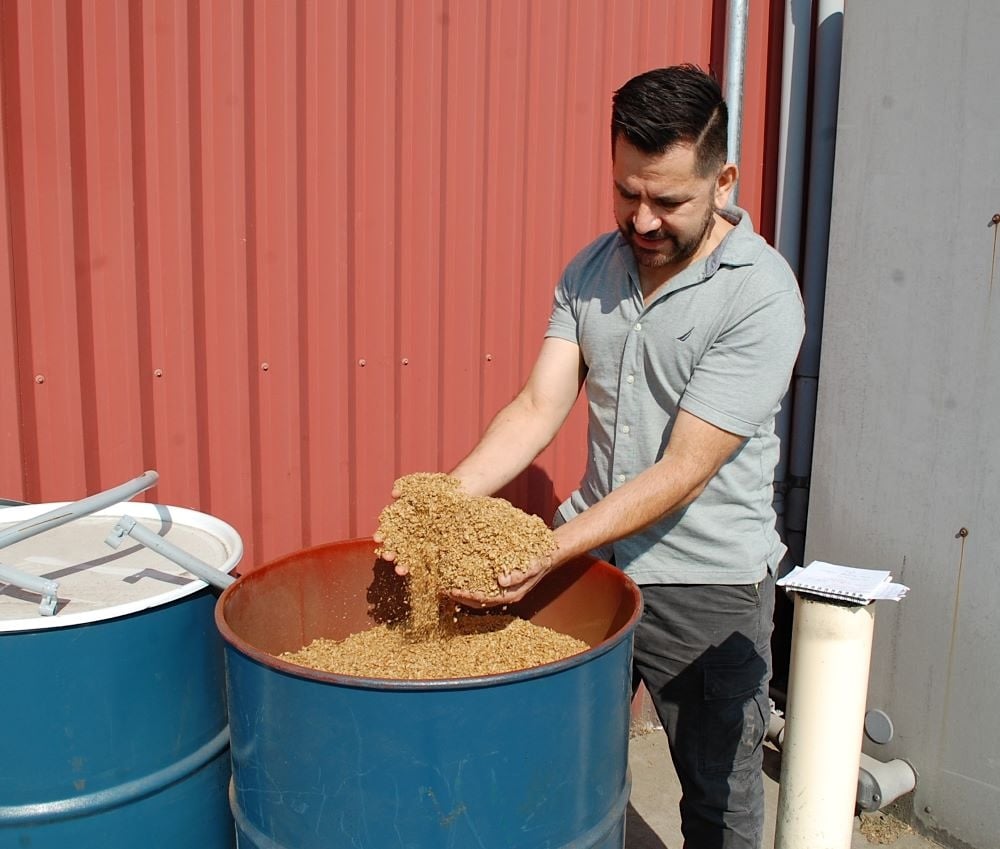
At the Fulcrum roasting plant in south Seattle, Alfaro points out the roasting apparatus, a noisy set of machines that slowly turn and cook raw coffee beans. The setup includes an afterburner, a large black tank about the size of an SUV that uses high heat to reduce emissions from the coffee roasting process. Below the afterburner, a 50-gallon drum collects chaff, a tan-coloured material that feels a bit like extra-fluffy sawdust.
In the three months Fulcrum has been working with Diaper Stork, they’ve been sending two to four 50-gallon drums of chaff to Olympia every month. The chaff is then mixed with the shredded diaper feedstock before it enters the biorefinery. “Usually this just goes into the compost,” Alfaro said.
The partnership is a good fit for Fulcrum, which is keen to find ways to push sustainability through all stages of the coffee production cycle. Alfaro has long been a participant in Costa Rica’s Coffee NAMA project, a countrywide effort to significantly reduce the climate impact of coffee production while improving the lives of Costa Rican coffee farmers. He said about 20 per cent of Fulcrum’s coffee is sourced from Costa Rica.
He was quick to help Diaper Stork find a more sustainable use for chaff.
“We’re still refining the process, evaluating safety, efficiency, and scalability,” Alfaro said. “But the early findings are promising. To even consider chaff as a carbon-capture material—and make it practical in a busy urban roastery—feels like a direct continuation of the work Costa Rican farmers began in their fields.”
Making a Dent in Emissions
Meanwhile, Diaper Stork is investigating how to scale up the conversion of compostable diapers into biochar, build its customer base and find uses for the end product.
For now, the company offers both traditional cloth diaper laundry service as well as compostable diaper pickup. Customers can choose services for either cloth, compostable or any combination of each—and the monthly service starts at $142 per month.
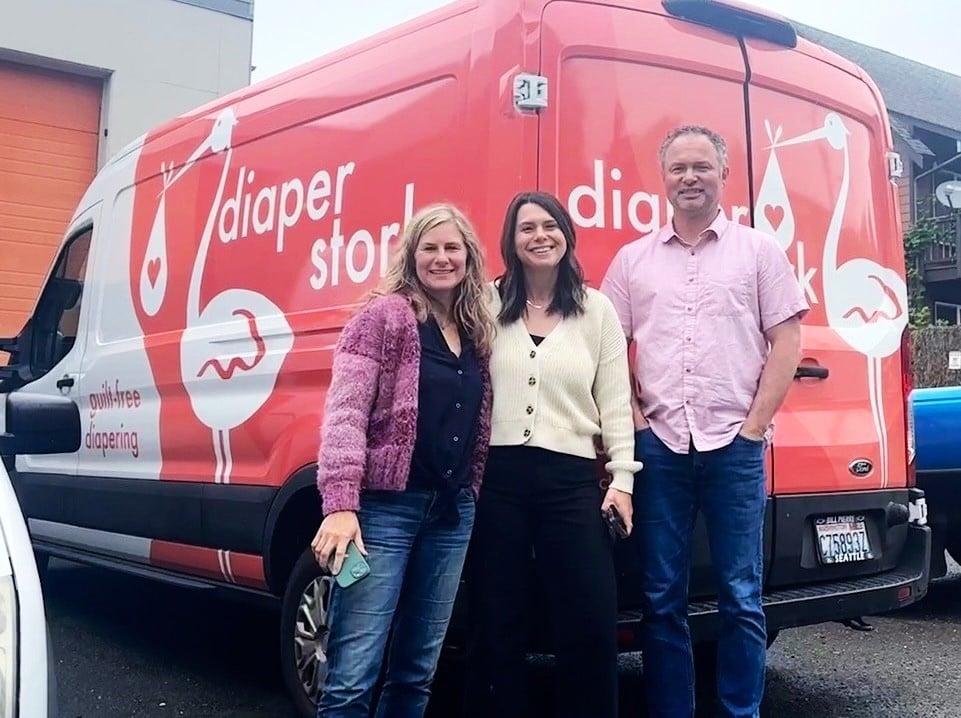
Pollak said the biochar project is still a pilot, though she noted Diaper Stork has diverted some 3.3 million diapers from landfills because of its services.
“It’s not quite in the fully commercial phase,” she said. “We’re still working out the kinks and trying to figure out the best process to really scale and expand.”
Creating the biorefinery equipment and process required a steep learning curve, Pollak said, noting that the company had to constantly troubleshoot and modify the pilot program’s mechanical and electrical systems. “We overcame roadblocks by getting our hands dirty with a do-it-yourself attitude.”
She doesn’t have a target date for full commercialization but is currently looking to secure more funding to help the company scale up.
Her previous work at Amazon—which involved operations and retail e-commerce—will be key to building a market for a sustainable disposable diaper service, she said.
“Capturing that audience, and then working with that audience to sell more mission-driven products,” she said, “that’s what I thought about a lot when I took this company over.”
It’s a big opportunity to turn a disposable item into something that’s more sustainable.
“We’re ensuring that we pick up those disposable diapers from our customers and then take that single waste stream and do something else with it,” Pollak said. “Having the ability to turn that into a clean, non-contaminated waste stream is important for us to be successful.”
This article runs in a section of The Tyee called ‘What Works: The Business of a Healthy Bioregion,’ where you’ll find profiles of people creating the low-carbon, regenerative economy we need from Alaska to central California. Find out more about this project and its funders, Magic Canoe and the Salmon Nation Trust.
